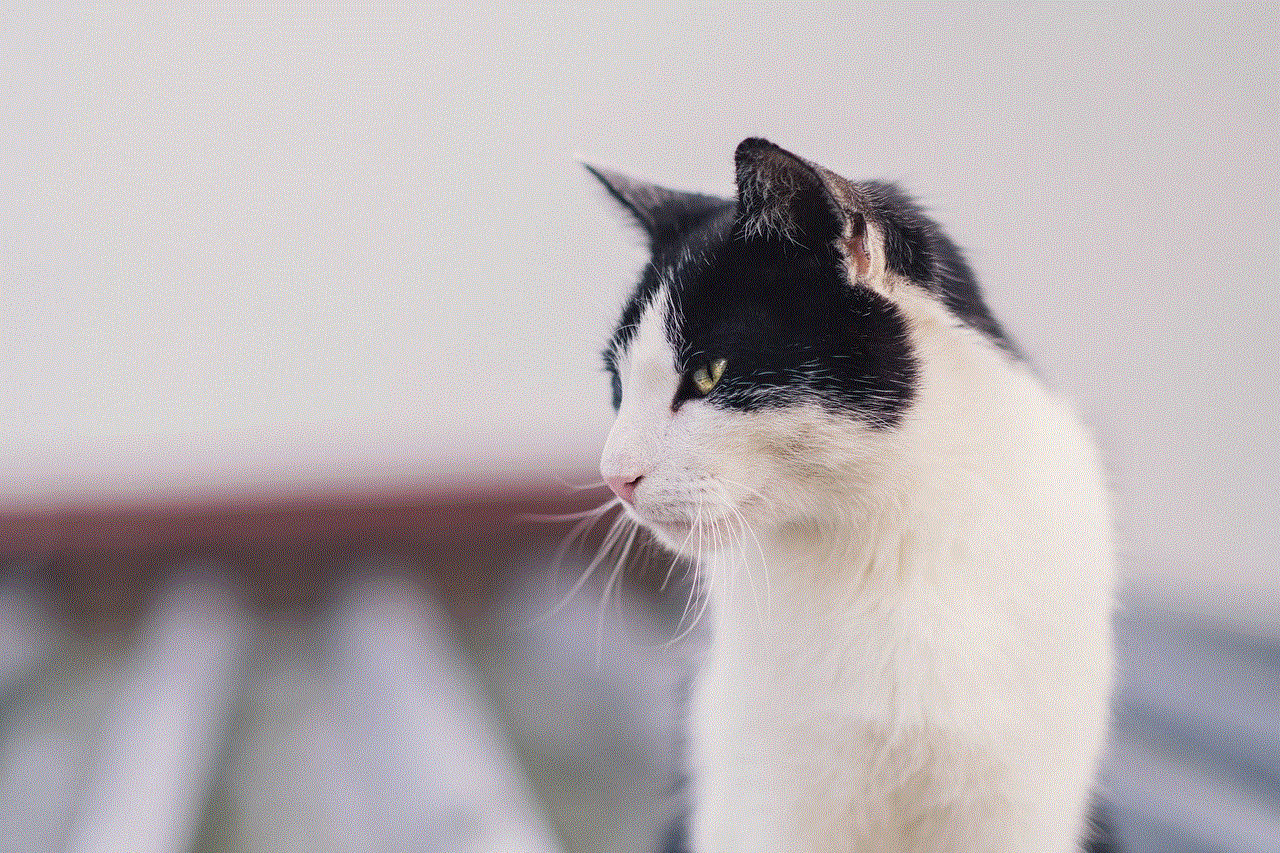how to make spy camera 150 5
Introduction
Spy cameras, also known as hidden cameras or nanny cams, have become increasingly popular in recent years. With advancements in technology, these cameras have become smaller, more discreet, and more affordable, making them accessible to the general public. They are used for a variety of purposes, from home security to monitoring employees in the workplace. In this article, we will discuss how to make your own spy camera, including the necessary equipment, the technical aspects, and some tips for successful use.
What is a Spy Camera?
A spy camera is a small, hidden camera that is used to record video or take photos without the knowledge of those being recorded. It can be disguised as an everyday object, such as a pen, clock, or even a teddy bear, making it difficult to detect. The purpose of a spy camera is often to capture evidence of wrongdoing or to monitor a specific area without drawing attention to the camera.
Equipment Needed
To make a spy camera, you will need a few essential pieces of equipment. The first and most crucial piece is a camera. You can use any small camera, such as a smartphone or a webcam, but a dedicated spy camera will provide better quality and more features. Next, you will need a power source, such as a battery or a power outlet, to keep the camera running. Finally, you will need a recording device, such as a memory card or a computer , to store the footage captured by the camera.
Choosing the Right Camera
As mentioned earlier, any small camera can be used to make a spy camera, but there are certain features you should look for when choosing the right one. The first is size – the smaller the camera, the easier it will be to hide. Look for cameras that are no bigger than a quarter, and preferably ones that can be easily disguised as an everyday object. Next, consider the camera’s resolution, which determines the quality of the footage. A higher resolution will result in clearer and more detailed images. Lastly, make sure the camera has a good battery life, especially if you plan to use it for extended periods.
The Technical Aspect
Once you have your camera, the next step is to set it up. If you are using a dedicated spy camera, it will come with instructions on how to do this. If you are using a smartphone or webcam, you will need to download a spy camera app. There are several options available, both for iOS and Android devices, so choose one that best suits your needs. Once the camera is set up, you can choose to either record the footage onto a memory card or stream it live to a computer or smartphone.
Tips for Successful Use
Making a spy camera is only the first step – using it successfully requires some additional knowledge and skills. Here are some tips to help you get the most out of your spy camera:
1. Choose the Right Location – Before setting up your spy camera, consider the area you want to monitor and choose a location that provides the best view without being too obvious. For example, if you want to monitor your home, place the camera in a room with a good view of the main entrance.
2. Disguise the Camera – To make sure your camera remains undetected, disguise it as an everyday object. This will also make it easier to place in the desired location without raising suspicion.
3. Test the Camera – Before using the camera for its intended purpose, test it to make sure it is working correctly. This will also give you an idea of the camera’s capabilities and allow you to make any necessary adjustments.
4. Check Local Laws – It is essential to be aware of the laws regarding the use of hidden cameras in your area. In some places, it is illegal to record someone without their consent, so make sure you are not breaking any laws when using your spy camera.
5. Use a Secure Network – If you plan to stream the footage from your spy camera, make sure you are using a secure network. This will prevent unauthorized access to your camera and footage.
6. Be Mindful of Lighting – Lighting can greatly affect the quality of your footage. Make sure the area you are monitoring has enough light for the camera to capture clear images.
7. Regularly Check and Maintain the Camera – Like any other electronic device, spy cameras require regular maintenance to function correctly. Check the camera periodically to ensure it is still working and make any necessary repairs or adjustments.
Conclusion
In conclusion, spy cameras can be a useful tool for home security, monitoring employees, or gathering evidence. By following the steps outlined in this article, you can make your own spy camera and use it successfully. Remember to always use your spy camera ethically and follow any laws and regulations in your area. With the right equipment and knowledge, you can create a functional and discreet spy camera for your specific needs.
my child gives me anxiety
Parenting is a challenging journey, filled with ups and downs, joy and worry, love and anxiety. As a parent, it is natural to feel overwhelmed at times, but when the anxiety becomes a constant presence in our lives, it can greatly affect our well-being and parenting abilities. One of the most common triggers of parental anxiety is when our children give us anxiety. This can manifest in many ways, from worrying excessively about our child’s safety and well-being to feeling overwhelmed and stressed out by their behavior. In this article, we will delve deeper into the topic of how our children can give us anxiety and what we can do to cope with it.
Understanding Anxiety:
Before we dive into the ways our children can give us anxiety, it is important to have a clear understanding of what anxiety is. Anxiety is a normal human emotion that we all experience from time to time. It is our body’s natural response to stress and danger. However, when this response becomes excessive and persistent, it can develop into an anxiety disorder.
Anxiety disorders are one of the most common mental health disorders in the United States, affecting approximately 40 million adults. They can manifest in various forms, such as generalized anxiety disorder, social anxiety disorder, and panic disorder. These disorders can greatly impact an individual’s daily life and relationships, including their role as a parent.
How Our Children Give Us Anxiety:
As parents, our primary concern is the well-being and safety of our children. This natural instinct to protect our children can sometimes lead to excessive worry and anxiety. Here are some common ways our children can give us anxiety:
1. Fear of Something Happening to Our Children:
One of the most common triggers of parental anxiety is the fear of something happening to our children. This can range from minor accidents to serious illnesses. As parents, we want to protect our children from harm, and the thought of something happening to them can be overwhelming. This fear can become even more heightened when our children are not with us, such as at school or when they are out with friends.
2. Behavioral Issues:
Children are not always well-behaved, and it is normal for them to act out from time to time. However, when these behavioral issues become persistent and disruptive, it can cause parents to feel overwhelmed and anxious. Parents may worry about the long-term effects of their child’s behavior and how it may affect their future.
3. Social Pressure:



In today’s society, there is immense pressure on children to excel academically, socially, and physically. This pressure also falls on parents, who may feel the need to ensure their child is meeting these expectations. This can lead to parents feeling anxious about their child’s performance and constantly comparing them to others.
4. Parenting Decisions:
As parents, we are faced with countless decisions every day, from what our children eat to which school they attend. These decisions can cause anxiety as we want to make the best choices for our children, but we may also be afraid of making the wrong decision.
5. Uncertainty about the Future:
The future is filled with unknowns, and as parents, we want to ensure our children have a bright and successful future. However, this uncertainty can lead to anxiety as we worry about our child’s future and how we can prepare them for it.
6. Comparison to Other Parents:
In the age of social media, it is easy to fall into the trap of comparing ourselves to other parents. We may see pictures or posts of other parents and their seemingly perfect children, and this can cause us to feel inadequate or anxious about our own parenting abilities.
7. Balancing Work and Parenting:
Many parents struggle with the balance between work and parenting. The pressure to provide for our children and excel in our careers can cause us to feel anxious and overwhelmed. This can also lead to guilt for not spending enough time with our children or not being able to give them all the attention they deserve.
8. Pressure to Be a Perfect Parent:
In today’s society, there is a lot of pressure on parents to be perfect. We are bombarded with images and messages of what the perfect parent should be, and this can cause us to feel anxious and inadequate if we do not meet these expectations.
9. Health Concerns:
When our children are sick or facing health concerns, it can be a source of great anxiety for parents. We want our children to be healthy and happy, and when they are not, it can cause immense worry and stress.
10. Financial Worries:
Raising a child can be expensive, and financial worries can be a significant source of anxiety for parents. From providing basic necessities to saving for their future, the financial burden of parenting can cause stress and worry.



Coping with Parental Anxiety:
Parental anxiety is a common experience, and it is important to know that you are not alone. Here are some strategies that can help you cope with the anxiety your child may give you:
1. Practice Self-Care:
Taking care of yourself is crucial in managing parental anxiety. Make sure to take breaks, engage in activities you enjoy, and prioritize your physical and mental well-being. When you are well-rested and in a good state of mind, you will be better equipped to handle any anxiety triggers that may come your way.
2. Seek Support:
It is important to have a support system when dealing with parental anxiety. Reach out to friends, family, or a therapist who can offer a listening ear and support. You can also join support groups for parents, where you can connect with others who may be going through similar experiences.
3. Educate Yourself:
Understanding the root cause of your anxiety can help you manage it better. Educate yourself on anxiety and its triggers, and learn coping strategies that can help you navigate through difficult situations.
4. Practice Mindfulness:
Mindfulness is the practice of being present in the moment and accepting your thoughts and feelings without judgment. It can be a helpful tool in managing anxiety. Take a few minutes each day to practice mindfulness techniques, such as deep breathing and meditation.
5. Set Realistic Expectations:
It is important to set realistic expectations for yourself and your child. Remember that no one is a perfect parent, and it is okay to make mistakes. Set achievable goals and celebrate small victories, rather than constantly striving for perfection.
6. Communicate with Your Child:
Talking to your child about your anxiety can help them understand what you are going through and how they can support you. It can also be a great opportunity to teach them about emotions and how to cope with anxious feelings.
7. Seek Professional Help:
If your anxiety is significantly impacting your daily life and relationships, it may be beneficial to seek professional help. A therapist can help you identify your triggers and develop coping strategies to manage your anxiety.



Final Thoughts:
Being a parent is a rewarding but challenging journey, and it is natural to experience anxiety along the way. However, when our children give us anxiety, it is important to recognize it and take steps to manage it. Remember to practice self-care, seek support, and communicate with your child. Most importantly, know that you are not alone, and it is okay to ask for help. By taking care of yourself, you will be better equipped to take care of your child and navigate through the challenges of parenting.